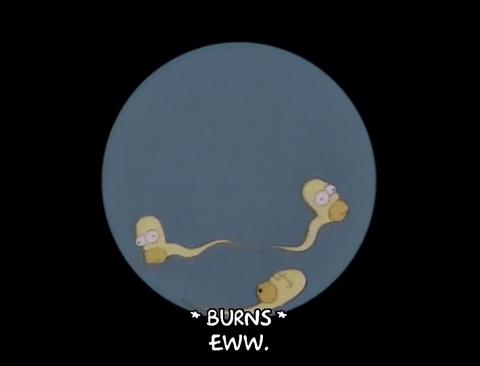Pesticides do it
Adult Organophosphate and Carbamate Insecticide Exposure and Sperm Concentration: A Systematic Review and Meta-Analysis of the Epidemiological Evidence
Abstract
Background:
Evidence of the negative impacts of contemporary use insecticides on sperm concentration has increased over the last few decades; however, meta-analyses on this topic are rare.
Objectives:
This investigation assessed the qualitative and quantitative strength of epidemiological evidence regarding adult exposure to two classes of contemporary use insecticides—organophosphates (OPs) and
-methyl carbamates (NMCs)—and sperm concentration using robust and reproducible systematic review and meta-analysis methods.
Methods:
Three scientific databases (PubMed, Scopus, and Web of Science), two U.S. government databases (NIOSHTIC-2 and Science.gov), and five nongovernmental organization websites were searched for relevant primary epidemiological studies published in any language through 11 August 2022. Risk of bias and strength of evidence were evaluated according to Navigation Guide systematic review methodology. Bias-adjusted standardized mean difference effect sizes were calculated and pooled using a three-level, multivariate random-effect meta-analysis model with cluster-robust variance estimation.
Results:
Across 20 studies, 21 study populations, 42 effect sizes, and 1,774 adult men, the pooled bias-adjusted standardized mean difference in sperm concentration between adult men more- and less-exposed to OP and NMC insecticides was -0.30 (95% CI:-0.049 - -0.10, P < 0.01). Sensitivity and subgroup analyses explored statistical heterogeneity and validated the model robustness. Although the pooled effect estimate was modified by risk of bias, insecticide class, exposure setting, and recruitment setting, it remained negative in direction across all meta-analyses. The body of evidence was rated to be of moderate quality, with sufficient evidence of an association between higher adult OP and NMC insecticide exposure and lower sperm concentration.
Discussion:
This comprehensive investigation found sufficient evidence of an association between higher OP and NMC insecticide exposure and lower sperm concentration in adults. Although additional cohort studies can be beneficial to fill data gaps, the strength of evidence warrants reducing exposure to OP and NMC insecticides now to prevent continued male reproductive harm.





